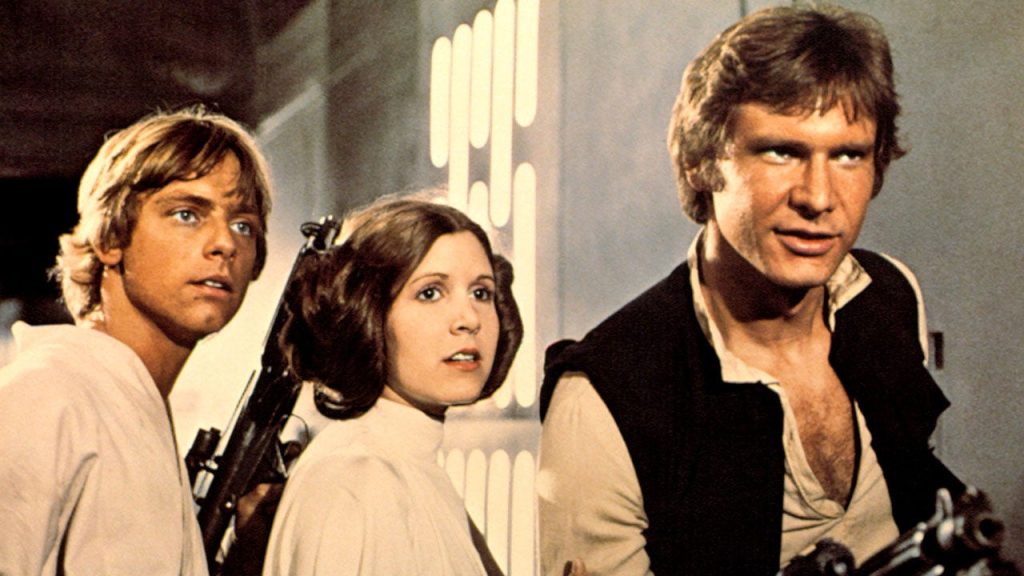In 1978, Woody Allen’s film “Annie Hall” controversially won the Academy Award for Best Picture over the groundbreaking film “Star Wars”, sparking debate that has continued over the years. “Annie Hall” was a critical success and a commercial hit, helping Allen become one of the most successful filmmakers of his time. On the other hand, “Star Wars” earned over $776 million at the box office and inspired a franchise that has generated over $10 billion in sales. Despite losing the Best Picture Oscar, “Star Wars” has become a global cultural phenomenon, remaining popular even decades later.
Roger Ebert praised the intellectual wit and cultural references in “Annie Hall”, while acknowledging that the snub for “Star Wars” was unthinkable at the time. Ebert also noted that “Star Wars” tapped into pulp fantasies and old thrills, reigniting excitement for audiences. The film has been highly influential in the film industry, inspiring aspiring directors such as James Cameron. In contrast, “Annie Hall” is a romantic comedy in which Allen plays a neurotic comedian reflecting on past relationships, notably with Diane Keaton’s character. Ebert’s original reviews show his admiration for “Star Wars” and appreciation for Allen’s growth as a director.
“Annie Hall” featured a star-studded cast including Allen, Keaton, Shelly Duvall, Christopher Walken, and Paul Simon. Allen and Keaton took home Oscars for Best Director, Best Original Screenplay, and Best Actress. Meanwhile, “Star Wars” received multiple Academy Awards in technical categories such as Costume Design, Visual Effects, and Original Score by John Williams. The film’s impact on the blockbuster genre cannot be understated, ushering in a new era of filmmaking characterized by high-budget special effects and wide-reaching appeal.
The controversy surrounding the Best Picture snub for “Star Wars” remains a point of contention among fans and critics alike. Despite missing out on the top award, the film’s legacy as a cultural phenomenon surpasses its critical recognition. Ebert believed that the victory for “Annie Hall” marked a turning point in Allen’s career and signaled the end of a golden age of American cinema in the 1970s. Furthermore, Ebert noted that with “Star Wars”, the age of the blockbuster had arrived, forever changing the landscape of the film industry.
In conclusion, the debate over the Best Picture win for “Annie Hall” over “Star Wars” in 1978 continues to resonate in film history. While both films have left an indelible mark on popular culture, “Star Wars” stands out as a groundbreaking achievement that revolutionized the industry. Despite the controversy, the success of both films exemplifies the diversity and creativity present in filmmaking, showcasing the enduring power of cinema to captivate audiences and inspire future generations of filmmakers.


